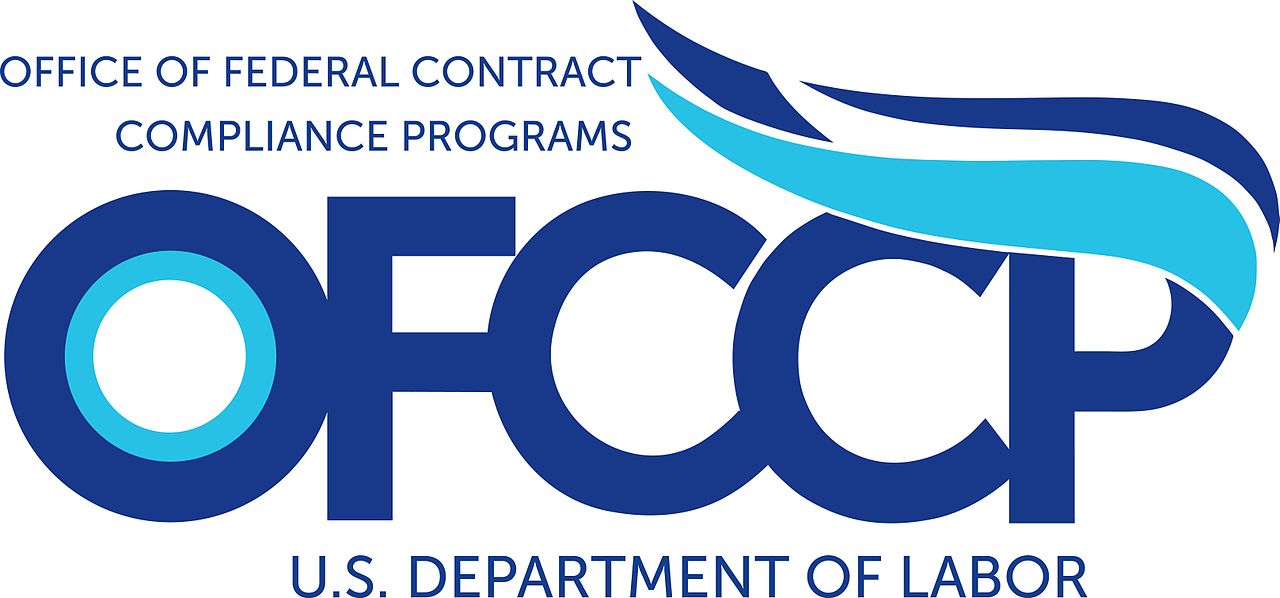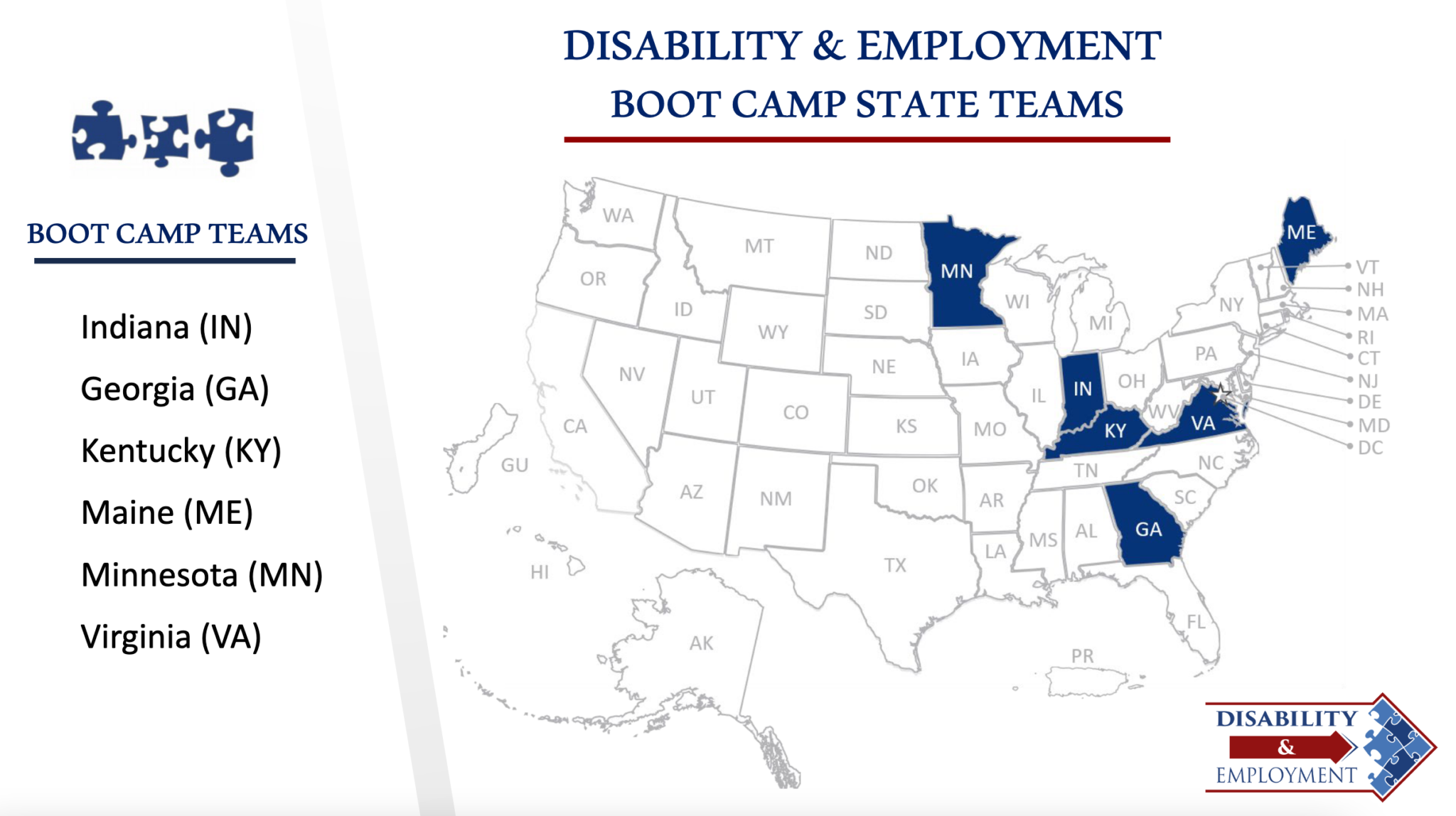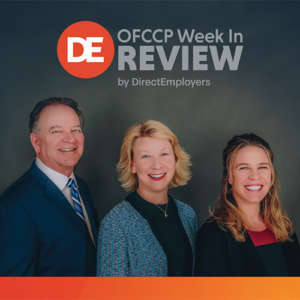 The DE OFCCP Week in Review (WIR) is a simple, fast and direct summary of relevant happenings in the OFCCP regulatory environment, authored by experts John C. Fox, Candee Chambers and Jennifer Polcer. In today’s edition, they discuss:
The DE OFCCP Week in Review (WIR) is a simple, fast and direct summary of relevant happenings in the OFCCP regulatory environment, authored by experts John C. Fox, Candee Chambers and Jennifer Polcer. In today’s edition, they discuss:
- USDOL Announced A Coming Controversial OFCCP Final Rule Recognizing Expanded Religious Defenses, Even While Only Mirroring the Recent Case Law Which Established Them, Published the Rule Two Days Later, And Then Two Days Later Drew Angry Criticism From House Speaker Pelosi + Bonus Deep Dive Blog Post
- Disability and Employment Boot Camp Underway
- EEOC To Begin Formal Opinion Letters
- Rounding Out the Year with a Look Ahead to OFCCP Compliance in 2021
- Nine Democrat Senators Ask The EEOC To Investigate Hiring Processes Using Artificial Intelligence Tools
- Checklists Every Employer Needs To Stay Off the Naughty List!
- DOJ Continues ADA Celebration Recognizing a Win in Education With Service Animals
Monday, December 7, 2020: USDOL Announced A Coming Controversial OFCCP Final Rule Recognizing Expanded Religious Defenses, Even While Only Mirroring the Recent Case Law Which Established Them, Published the Rule Two Days Later, And Then Two Days Later Drew Angry Criticism From House Speaker Pelosi
On Monday December 7, 2020, OFCCP issued a Press Release announcing that it would soon publish its Final Rule updating OFCCP’s Rules re religious discrimination titled: “Implementing Legal Requirements Regarding the Equal Opportunity Clause’s Religious Exemption.” OFCCP reported that it intended the Final Rule to acknowledge case law decisions permitting religious-exercising organizations and “closely held” corporations to apply religious belief defenses to claims of alleged unlawful discrimination in employment.
Two days later, on Wednesday December 9th, OFCCP published its Final Rule in the Federal Register.
Two days after that, on Friday December 11th, Speaker of the House Nancy Pelosi attacked the Final Rule and heatedly vowed that the House of Representatives would work with the Biden Administration to seek to cause OFCCP to repeal it. “Our Democratic House Majority, working alongside the new Biden-Harris Administration, will work to reverse this and other hateful Trump anti-worker policies, and we will fight tirelessly to protect the rights and well-being of all people in our country,” Pelosi said. The Speaker’s statement is a major policy announcement that Democrats are going to champion the rights of the LGBTQ community over the rights of certain large religious communities in America. This is a change in Democrat Party policy and comes, of course, at the risk of offending many traditional religious groups historically supportive of Democrats, but in opposition to the rights of members of the LGBTQ community.)
Background
OFCCP had originally published a Notice of Proposed Rulemaking on August 15, 2019. OFCCP then received over 109,000 comments from the public, although over 50,000 of those comments were in the form of a pre-printed digital post card the ACLU distributed to all of its chapter affiliates with a request that ACLU members submit the postcard in opposition to the Proposed Rule. The Final Rule acknowledged the growing tensions between social justice advocates and religious groups, each pressing their respective rights. This competition of rights, colliding in the workplace and in society at large, has now become highly controversial and politicized. We call these court cases “collision of rights” cases.
The controversy is quite simply whether the SCOTUS will eventually find “the exercise of” sincerely held religious beliefs which do not recognize homosexuality or transgender transformations will trump statutory rights protecting homosexuality and transgender transformations. OFCCP did not take a position on this issue, but intimated in language and in examples that OFCCP will place its priority on the free exercise of religion. However, for the most part, OFCCP merely teed-up the issue and identified recent federal case decisions priming this issue for resolution in coming years. Civil rights groups fault OFCCP for not championing the rights of the LGTBQ community uncritically over the free exercise of religion. The civil rights community is also disturbed that OFCCP even seeks to acknowledge and publicize the recent federal case decisions which have EXPANDED free exercise rights even at a time the Courts have also found novel theories to protect gay, lesbian and transgender people under Title VII of the 1964 Civil Rights Act.
This collision of competing rights has now worked its way to the forefront of social and political debate. We explore that collision of these two major rights in a companion blog to this story. Click on the image below to find discussion of the legislative enactments and case decisions supporting the views of each side to this burgeoning conflict between two basic rights.
Monday, December 7, 2020: Disability and Employment Boot Camp Underway
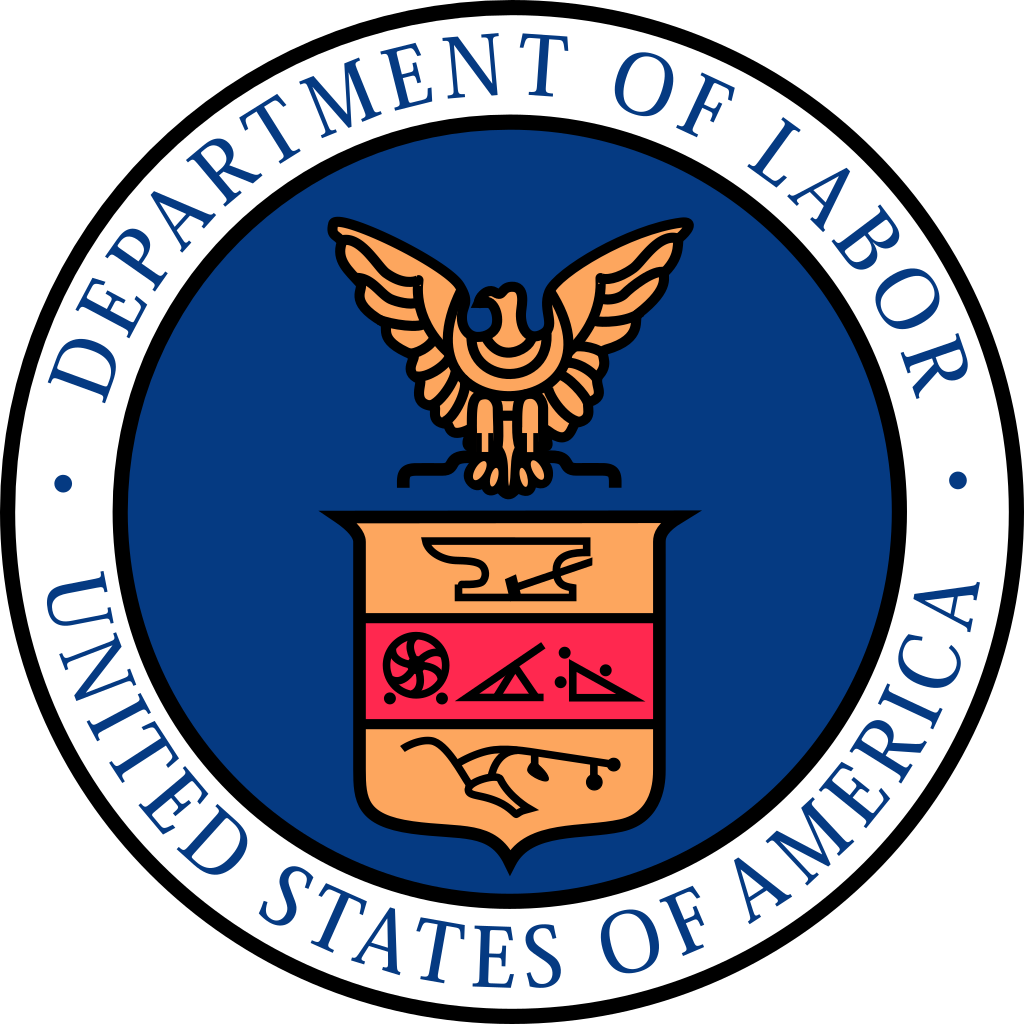
The goal is to strengthen the American Job Center network’s capacity to support individuals with disabilities to enter, stay in, or return to the labor force.
Stay tuned for updates as the teams follow a facilitated process to identify root causes to challenges, solicit buy-in from stakeholders, and pilot solutions.
Tuesday, December 8, 2020: EEOC To Begin Formal Opinion Letters

“A formal opinion letter represents the Commission’s official position on the matter raised and reliance upon it may provide a defense to liability. A formal opinion letter is approved by a vote of the Commission and is signed by the Commission’s Legal Counsel on behalf of and as approved by the Commission,” according to the EEOC’s Tuesday announcement.
Editor’s Note: The issue of federal agency opinion letters is a never-ending “hot potato” political issue. Republicans always endorse and use opinion letters citing the benefits to agency stakeholders of transparency and certainty about the agency’s interpretation of the law(s) the agency enforces This is because employers may rely on the opinion letters to restrain the agency if it takes an enforcement posture different from the opinion during agency investigations of companies. Democrats always reverse a Republican Administration’s use of opinion letters decrying them as “get out of jail free” passes which explain to companies how to step around agency enforcement once the employer knows exactly what the agency’s laws and Rules prohibit and permit. The WIR has now chronicled the re-introduction of opinion letters since the arrival of the Trump Administration at the NLRB, at the Wage-Hour Division of USDOL, at OSHA, at OFCCP (where opinion letters quickly petered out for want of support from the Solicitor’s Office), and now at the EEOC.
The Process
The Agency defines a Formal Opinion Letter as the Commission’s official position on a specific question or factual scenario. Reliance on a Formal Opinion Letter concerning Title VII and the ADEA may provide a defense to liability.
| The EEOC’s announcement advises that “[a]ny interested person may request a formal opinion letter on Title VII or the ADEA from the Commission; however, before requesting a letter, they should consult existing EEOC regulations and policy guidance, which may address their question. The process is detailed on the EEOC’s website at https://www.eeoc.gov/formal-opinion-letters.” |
“One of my priorities has been for the Commission to provide clear and accurate guidance to the public,” EEOC Chair Janet Dhillon said. “The new process for requesting formal opinion letters is a significant step toward allowing the Commission to address areas of the law that may be unclear.”
Note
Formal Opinion Letters that address other EEOC-enforced laws, including the Americans with Disabilities Act (ADA), Genetic Information Nondiscrimination Act (GINA), or the Equal Pay Act (EPA), serve as the Commission’s official position on the matter. However, Commission Rules implementing these three statutes do not extend a defense to employers which comply with EEOC Formal Opinion Letters’ terms.
Tuesday, December 8, 2020: Rounding Out the Year with a Look Ahead to OFCCP Compliance in 2021
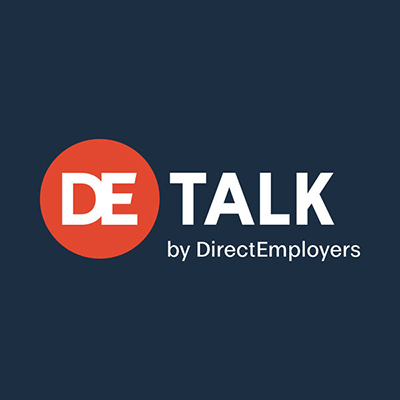
As always, our podcasts will be back in January with another episode lined up to help you leverage your strengths with guidance on how to achieve your greatest potential in the coming year.
Tuesday, December 8, 2020: Nine Democrat Senators Ask The EEOC To Investigate Hiring Processes Using Artificial Intelligence Tools

- Has the Commission ever used its authority to investigate and/or enforce against discrimination related to the use of hiring technologies? If so, please discuss the nature and results of such investigation or enforcement activity.
- Under Section 705(g)(5) of Title VII, the Commission has the authority to “make such technical studies as are appropriate to effectuate the purposes and policies of this subchapter and to make the results of such studies available to the public.” Can the Commission use this or any other authority to study and investigate the development and design, use, and impacts of hiring technologies absent an individual charge of discrimination? Please explain why or why not. (Three additional sub questions follow)
- The Commission periodically issues guidance and regulations, incorporating input from public meetings, discussion, and comments. The Commission has held several meetings on the implications of data and digital technologies on equal employment opportunity, including a meeting on October 13, 2016, on the “use of big data” in equal employment opportunity.
- Has the Commission followed up on these meetings by providing any guidance, releasing publications, or conducting additional research on the use of data and technology in hiring? If so, please explain and provide documentation of such follow-up.
- Does the Commission have plans to conduct any additional follow-up or release additional guidance or publications on the use of data and technology in hiring?
The Letter does not cite any specific legal issues at this time. However, the concern is that hiring technologies could “reproduce and deepen systemic patterns of discrimination reflected in today’s workforce data” (citing recent data showing significant differences in the unemployment rates of different races).
What Now?
While the Commission has no legal requirement to either respond or to undertake research into employer use of AI, the Commission will undoubtedly answer the letter by noting the efforts the Commission currently has underway, if any, to study the growing use of AI in selections for hire and promotion and for the retention of employees. One can certainly also expect the Commission to insert a budget request for monies to undertake the suggested research in coming years.
Thursday, December 10, 2020: Checklists Every Employer Needs To Stay Off the Naughty List!
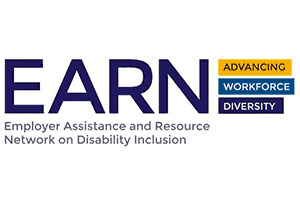
- Research-to-Practice Tool: A new EARN “research-to-practice” tool, entitled Online Recruitment of and Outreach to People with Disabilities, summarizes strategies that can increase a company’s likelihood of attracting candidates with disabilities during the talent acquisition process.
- Centralized Accommodations Programs (CAPs): A checklist for items to consider when designing and implementing CAPs.
- Accessible and Authentic Interviews: A checklist that focuses on standardizing a company’s interview process to ensure authenticity, accessibility, and equal opportunity for all candidates, including individuals with disabilities.
Friday, December 11, 2020: DOJ Continues ADA Celebration Recognizing a Win in Education With Service Animals

This blog spotlights education. Education has the potential to serve as a great equalizer in our society, and this is no less true for individuals with disabilities. When enacting the ADA in 1990, DOJ argues that Congress expressly identified education as one area where discrimination against individuals with disabilities remained persistent. Since then, the Justice Department believes it has played a significant role to ensure that individuals with disabilities have equal educational opportunities.
In a recent case, the Department reports that it reached an agreement with the Gates Chili Central School District in Rochester, New York, to resolve a lawsuit brought by the United States following investigation of a complaint filed by Heather Burroughs, the mother of D.P., a child with disabilities. The complaint alleged that the school district refused to permit D.P. to use her service animal at school unless her mother provided a separate, full-time dog handler. The school district required a separate handler despite D.P.’s demonstrated ability to control and handle her dog with minimal assistance and the dog’s extensive training to serve and respond directly to the student. Ultimately, Burroughs felt forced to move her family to a different school district where her daughter was appropriately recognized as her service dog’s handler.
Read “Furthering the Promise: Increasing Opportunities for Education” for the full story.
THIS COLUMN IS MEANT TO ASSIST IN A GENERAL UNDERSTANDING OF THE CURRENT LAW AND PRACTICE RELATING TO OFCCP. IT IS NOT TO BE REGARDED AS LEGAL ADVICE. COMPANIES OR INDIVIDUALS WITH PARTICULAR QUESTIONS SHOULD SEEK ADVICE OF COUNSEL.
SUBSCRIBE.
Compliance Alerts
Compliance Tips
Week In Review (WIR)
Subscribe to receive alerts, news and updates on all things related to OFCCP compliance as it applies to federal contractors.
OFCCP Compliance Text Alerts
Get OFCCP compliance alerts on your cell phone. Text the word compliance to 55678 and confirm your subscription. Provider message and data rates may apply.

